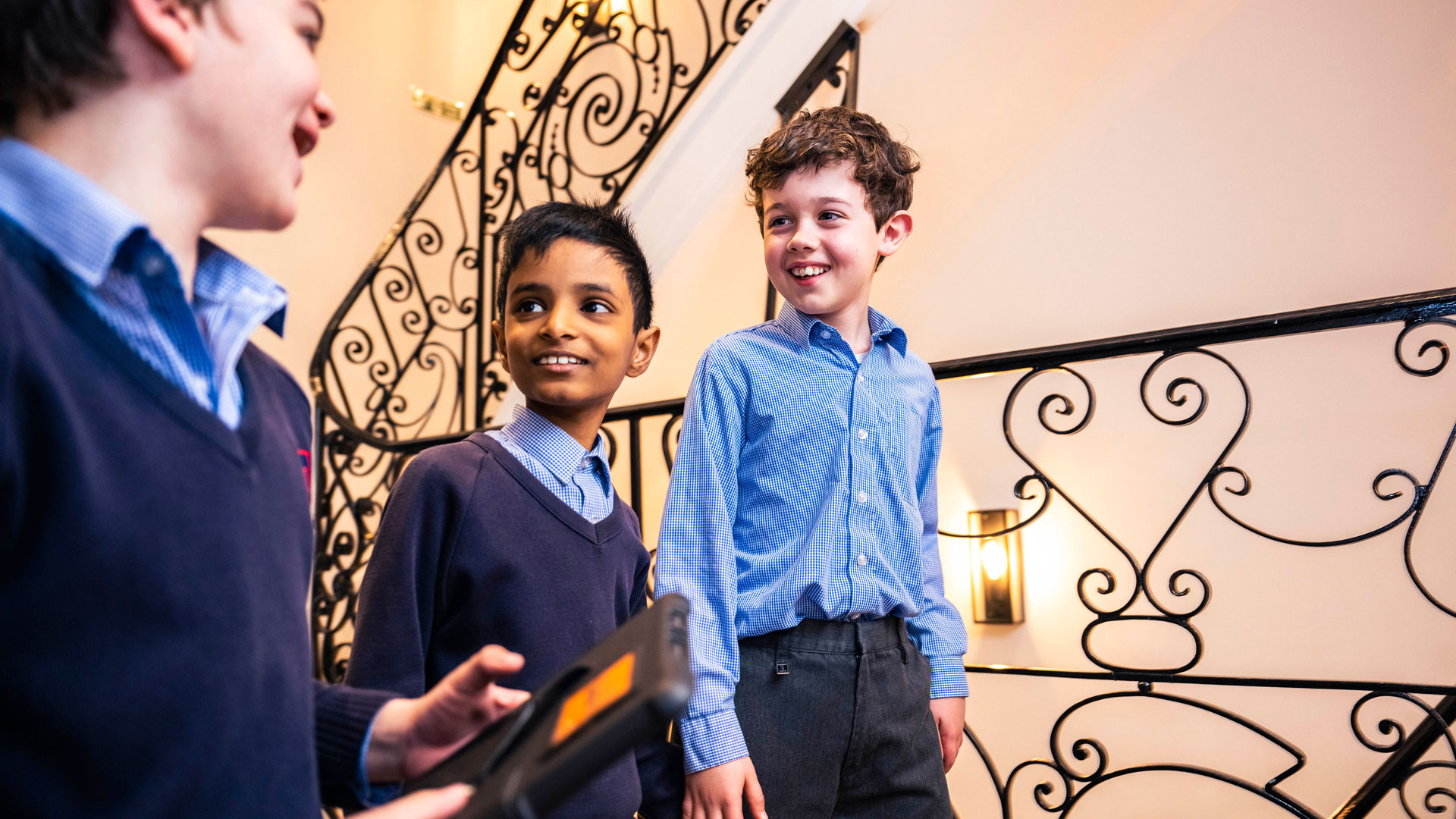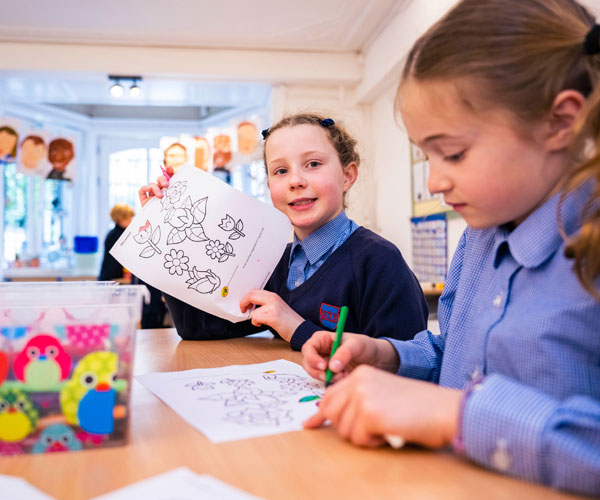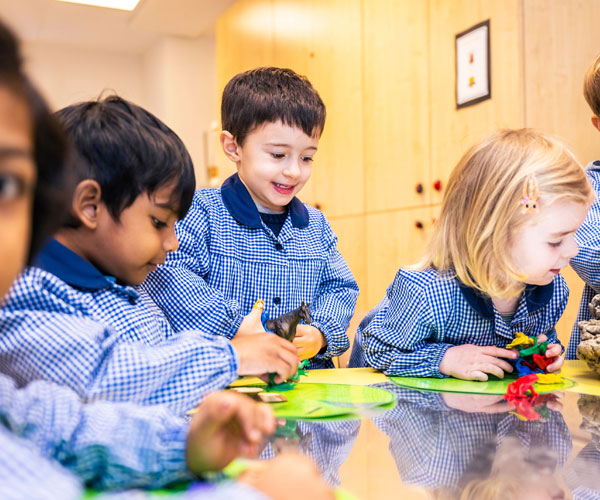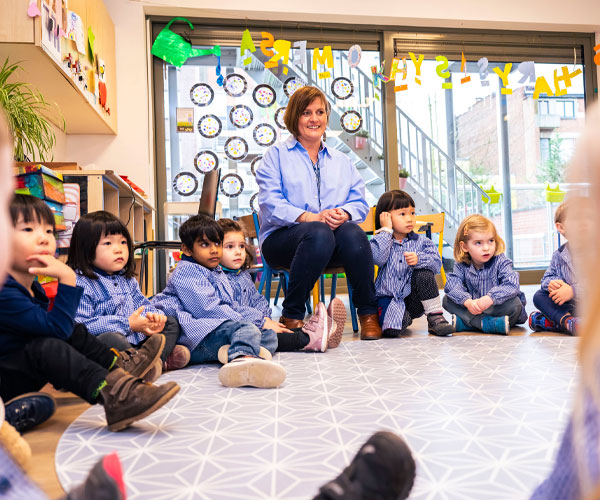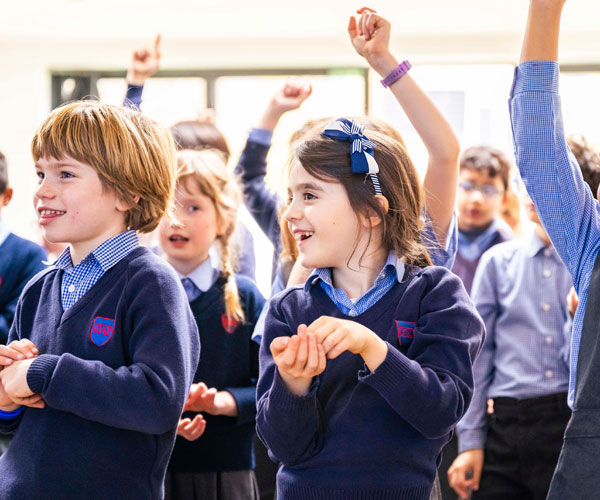Prep
At BJAB, our Prep section for children 9-12 is guided by the National Curriculum for England which has been tailored to our unique school context to provide an exceptional learning experience for our students.
Our bespoke adaptation has been developed with the local context in mind and offers pupils the opportunity to connect with the Belgian outlook, while still maintaining an international view that honors the varied cultural backgrounds of our pupils.
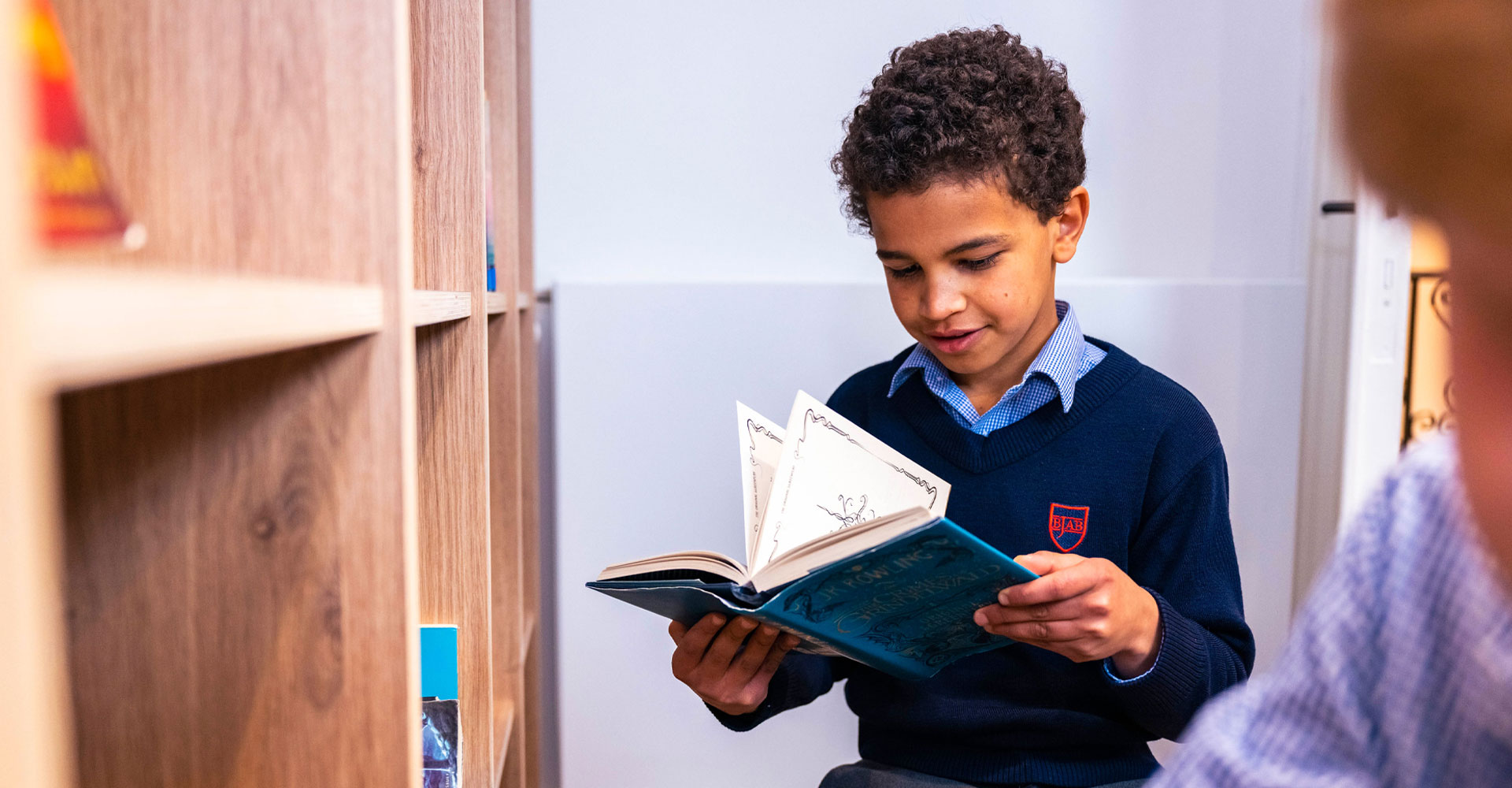
Key Stage 2
The teaching in upper Key Stage 2 (Years 5 and 6) builds upon the excellent foundations established in the Pre-Prep section. Small class sizes and an extensive pastoral care system allow newcomers to settle into our caring environment.
Pupils are explore a varied curriculum that encompasses essential subjects, such as English, Mathematics, Science, Physical Education, Art, Music, and PSHE (Personal, Social and Health Education).
Additionally, our pupils participate in project-based learning that allows them to investigate the foundation subjects of Computing, Design and Technology, Geography, and History. French language lessons continue to build on the strong language-learning skills set in earlier Key Stages. Specialised teaching is equally available for those students who require English as an Additional Language lessons.
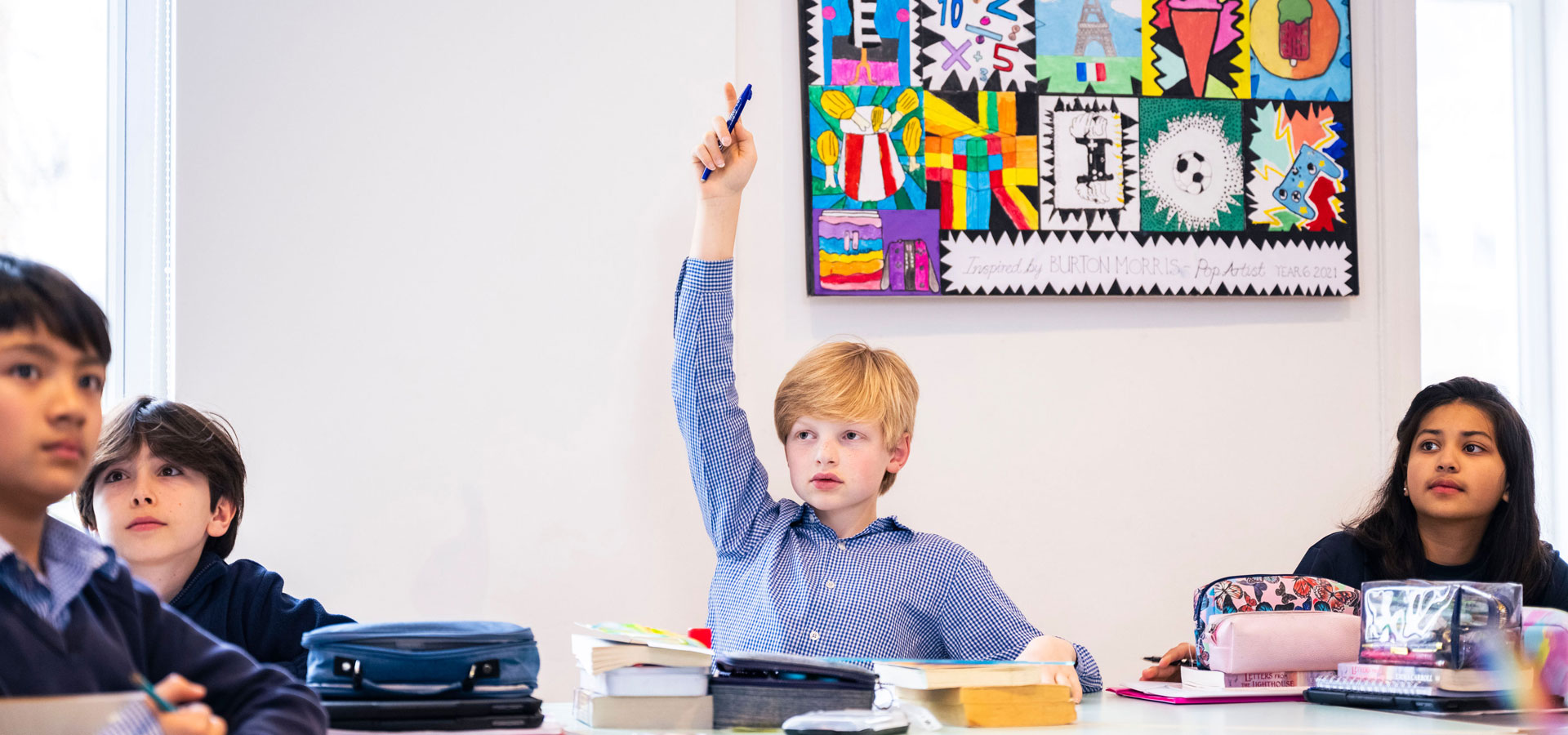
Key Stage 3
In Key Stage 3 (Years 7, 8 and 9), each class is assigned a Form Tutor and pupils are additionally supported by a range of specialist teachers for each subject in the curriculum in support of BJAB’s pursuit of high academic standards.
The National Curriculum is enhanced with the ISEB curriculum, so that pupils who are planning to apply to UK independent schools will be familiar with the curriculum.
BJAB Prep maintains the ethos of pastoral care and support for which the BJAB name is renowned.
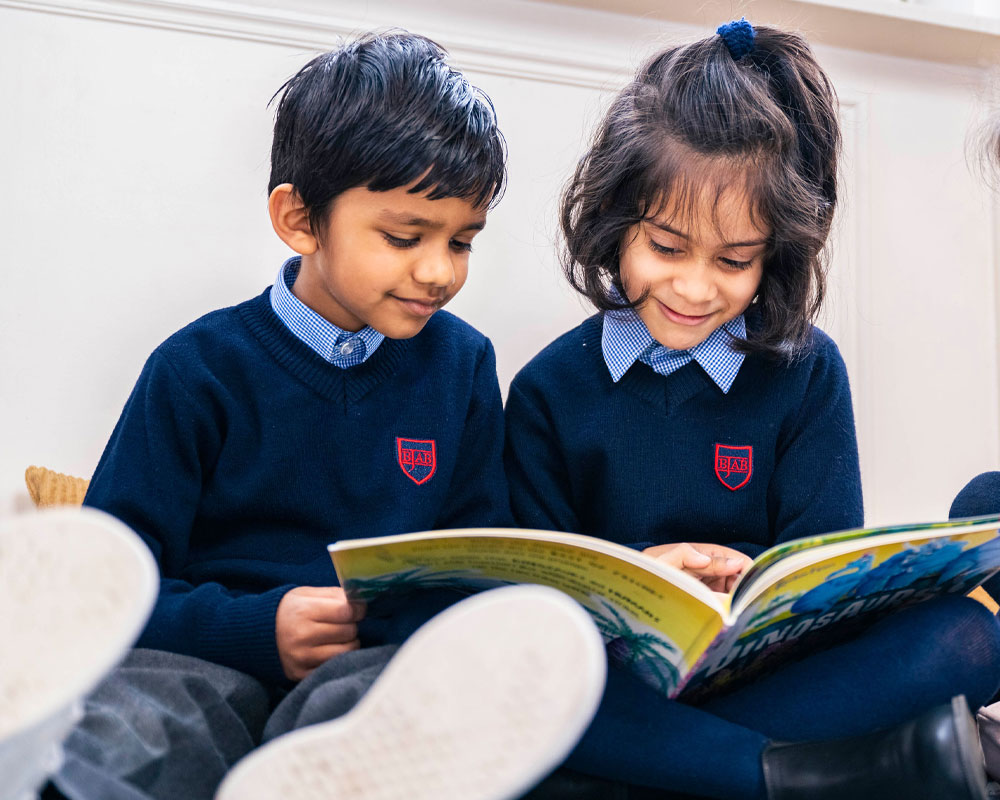
Transition
We understand that the transition from Pre-Prep to Prep and ultimately to secondary school can be challenging for students as they face new levels of academic rigour, personal responsibilities, and social independence. To help ease this transition, our dedicated staff provide students with the care and guidance they need to achieve their full potential.
Personal and Social Development
We offer a wide range of exceptional learning opportunities and encourage personal and social development through various extracurricular activities and programmes that are designed to promote a well-rounded student. Our curriculum is designed to provide a broad and balanced education that prepares students with the skills they need to succeed in the 21st Century. By focusing on both academic and personal development, we aim to ensure that our students are fully prepared for the challenges of senior school and beyond.
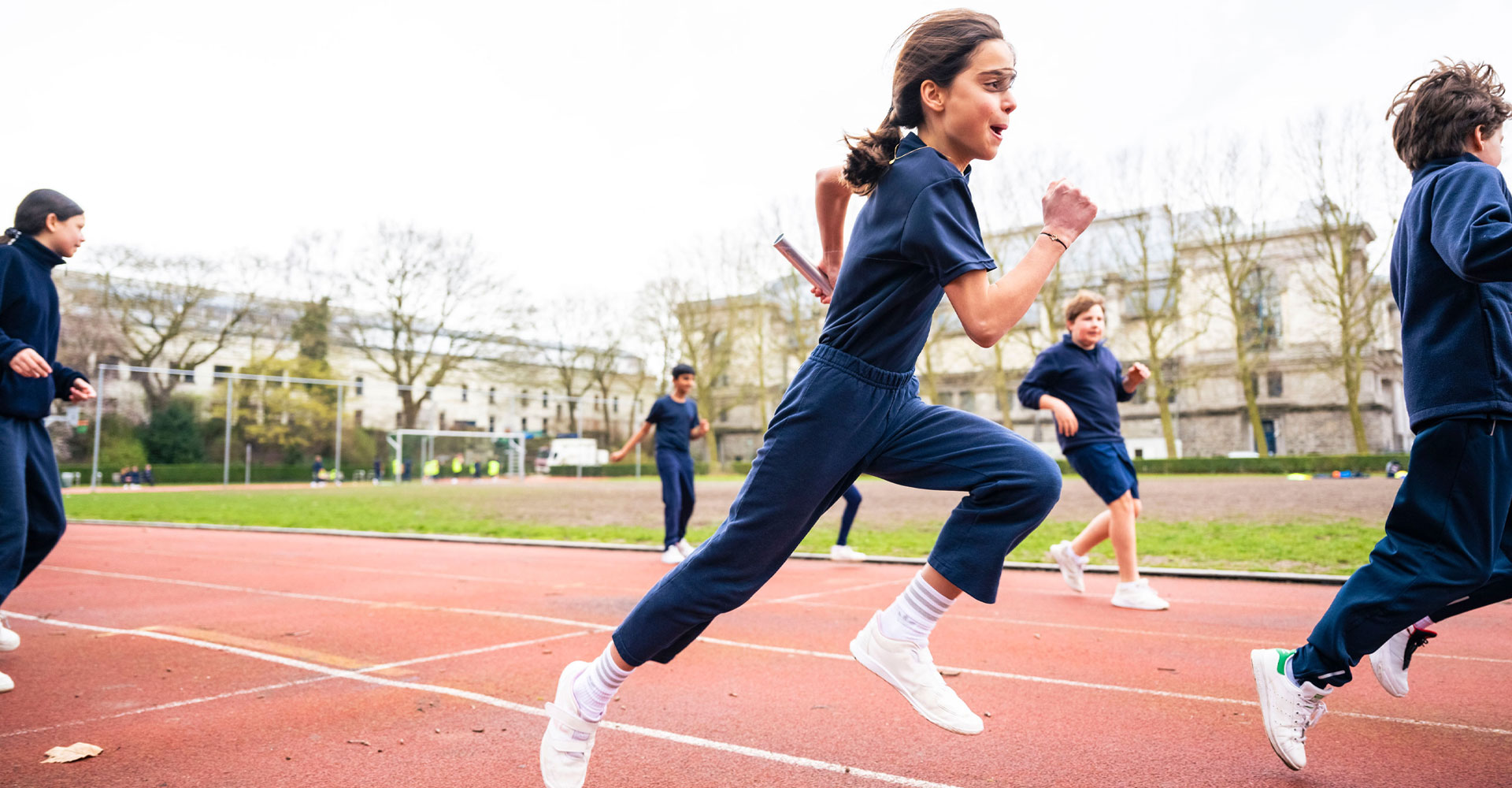
A Day at the Prep School
The schedule below reflects a sample day for one of our Key Stage 3 classes. Timetables change each year and are provided to parents at the start of the school year.
| 8:00 | Arrival at school & settling in to class |
|---|---|
| 8:30 | French Culture |
| 9:30 | Science |
| 10:30 | Morning break & snack (on the playground) |
| 11:00 | English |
| 12:00 | Mathematics |
| 1:00 | Lunch (in the refectory) |
| 1:30 | Afternoon break (on the playground) |
| 2:00 | Humanities |
| 3:00 | Computing |
| 4:00 | Dismissal |
| 4:10 | Enrichment: Netball |
| 5:00 – 6:00 | Garderie |

